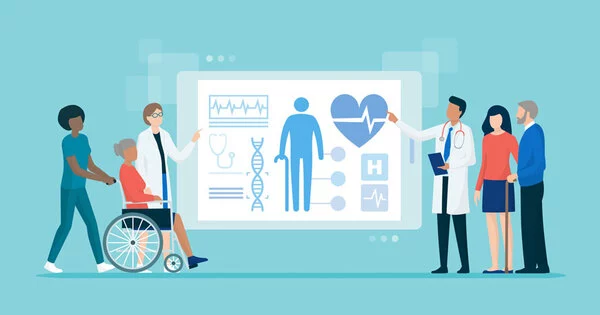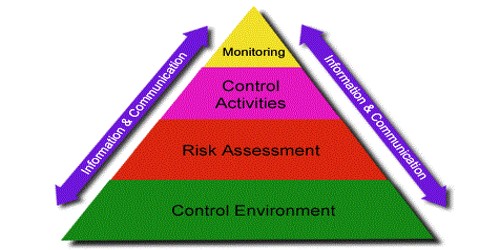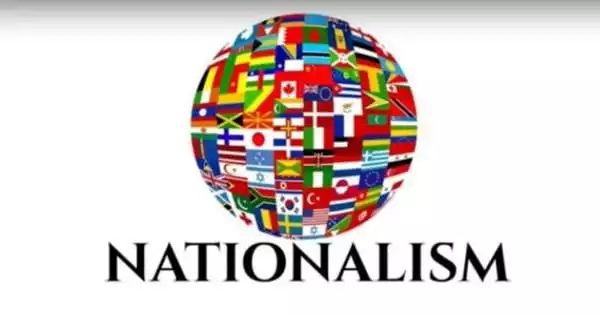The right to health is a fundamental human right recognized by the United Nations and many countries around the world. It refers to the right of every individual to enjoy the highest attainable standard of physical and mental health.
The right to health includes access to timely, acceptable, and affordable health care of appropriate quality, as well as the underlying determinants of health, such as safe and clean water, adequate sanitation, nutritious food, and safe housing. It also encompasses the right to a healthy environment, including protection against environmental pollution and hazardous substances.
The right to health is enshrined in a number of international human rights treaties, including the Universal Declaration of Human Rights, the International Covenant on Economic, Social and Cultural Rights, and the Convention on the Rights of the Child. These treaties recognize the obligation of governments to ensure that everyone has access to the conditions necessary for good health.
The right to health is the economic, social, and cultural right of all individuals to a universal minimum standard of health. The right to health has been enshrined in international treaties such as the Universal Declaration of Human Rights, the International Covenant on Economic, Social, and Cultural Rights, and the Convention on the Rights of Persons with Disabilities. Due to considerations such as how health is defined, what minimum entitlements are included in a right to health, and which institutions are responsible for ensuring a right to health, there is debate on the interpretation and application of the right to health.
The Human Rights Measurement Initiative measures the right to health for countries around the world, based on their level of income. The right to health is closely related to other human rights, such as the right to life, the right to education, and the right to a healthy environment. It is also closely linked to issues of social justice and equality, as access to healthcare is often influenced by factors such as income, race, gender, and geography.
The right to health is not only an individual right but also a collective one, as it requires states to ensure access to health care for everyone, without discrimination or exclusion. This means that governments must take proactive measures to improve public health, prevent disease, and address health inequalities. Overall, the right to health is a crucial aspect of human dignity and well-being and is essential for the realization of other human rights.
















